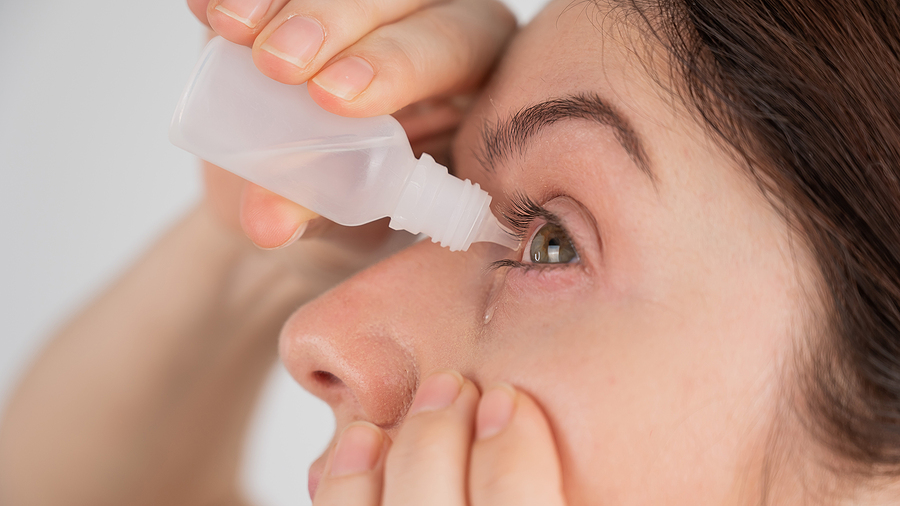NEPTUNUS-2 Sjögren’s Syndrome Study
Sjögren’s Syndrome (pronounced show-grins) is a slowly progressing autoimmune disorder in which abnormal proteins in the blood cause the immune system to attack the mucous membranes and moisture-secreting glands in the eyes and mouth. As a result, the most common symptoms are dry eyes and mouth, which can lead to vision problems and dental decay and cavities.
Additional areas of the body, such as the sinuses, respiratory airways, central nervous system, and vaginal tissues can sometimes also be affected, however, which can lead to other symptoms including, but not limited to:
- Yeast infections
- Vaginal dryness
- Persistent cough
- Pain, swelling, and stiffness in joints
- Numbness
- Tingling
- Fatigue
- Dry skin or rashes on appendages
- Headaches
- Dry nose
Diagnosis of Sjögren’s Syndrome
Although anyone can suffer from Sjögren’s Syndrome, older women are at highest risk to develop the disease, with symptoms often appearing between the ages of 45 and 55. Patients with Sjögren’s Syndrome frequently struggle with rheumatoid arthritis, lupus, or other autoimmune issues as well.
To diagnose a patient with this chronic condition, specialists may combine physical exams, blood tests, reported symptoms, biopsies of salivary glands, imaging, and eye tests.
Current Treatments and Living with Sjögren’s Syndrome
Unfortunately, there is no known cure and no approved medical therapy for patients struggling with this autoimmune disease. Treatment currently consists of addressing individual symptoms to provide symptomatic relief such as:
- Artificial tears
- Water, gum, or saliva substitutes
- Plugging or blocking tear ducts
Research Opportunity for Improved Treatment Options
NEPTUNUS-2 Sjögren’s Syndrome Study
Even though many patients with Sjögren’s Syndrome only experience mild symptoms and minor discomfort, others endure debilitating pain, especially if the disorder affects their organs or the central nervous system.
In order to develop new, more effective treatments for those affected by this chronic health condition, researchers at Advanced Rheumatology of Houston are conducting a clinical study to test an investigational medicine called NEPTUNUS-2. This medicine, which would be available for Sjögren’s patients 18 and over, may target the underlying process of the illness.
How Does the Study Work?
Over the course of around three years, qualified study participants will visit the clinic and receive treatment via injection at regular intervals based on the following time frame:
- Screening period 1 – Lasts 6 weeks with 1 clinic visit.
- Screening period 2 – Lasts 2 weeks with 1 clinic visit.
- Study treatment period – Lasts 1 year with 14 clinic visits.
- Follow-up period – Lasts up to 2 years with up to 10 clinic visits.
The study will consist of 3 study treatment groups with participants receiving either:
- Investigational medicine monthly,
- Investigational medicine every 3 months with monthly placebo injections in between, or
- Placebo injections (no active ingredients) monthly
Participants will be assigned randomly to their treatment group, and neither the study doctor nor the participant will know which study treatment group they are in since the study is double-blind.
You Can Be Part of the Solution
If you are an adult who has been diagnosed with Sjögren’s Syndrome and are interested in participating in this clinical study, learn if you qualify by clicking here or calling (281) 766-7886.



